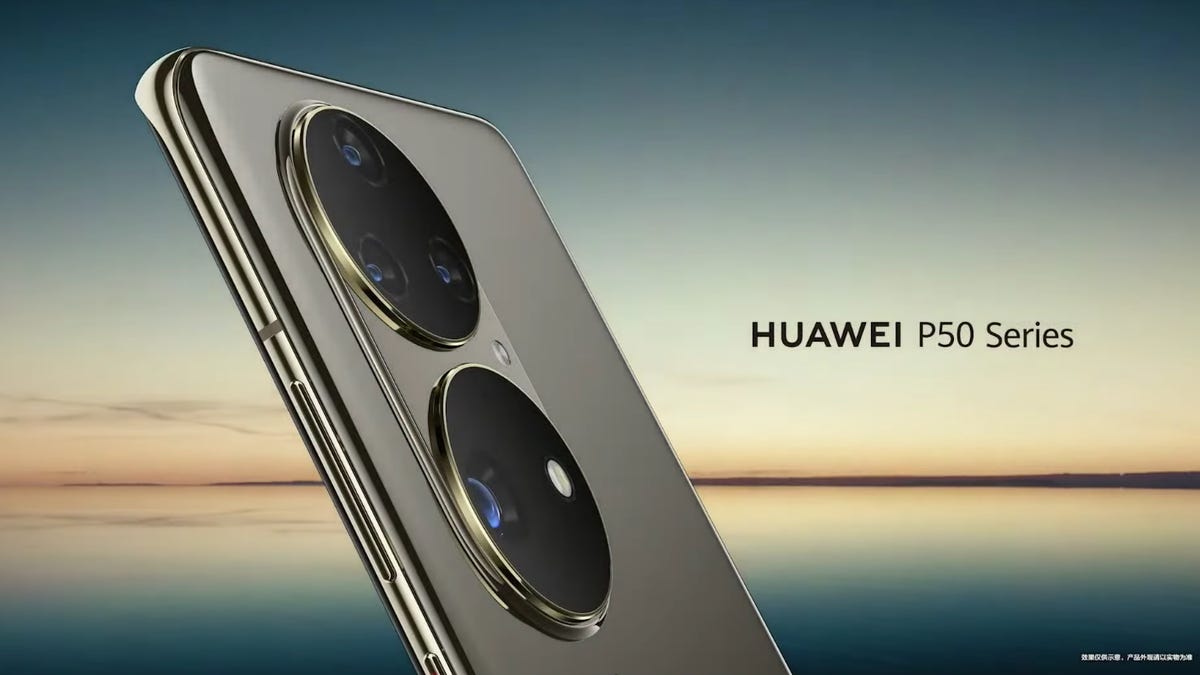Huawei's P50 flagship series set to launch on July 29
Huawei stopped short of saying how many smartphones to expect at the launch, but rumours point to the Chinese telecom releasing three handsets.

More than a year after the launch of its predecessor, Huawei's next-gen flagship phone, the P50 series, is set to be unveiled at a launch event on July 29, the company announced on Tuesday on various social media channels.
The series will mark the beginning of "a new era of mobile imaging," Richard Yu, head of Huawei's consumer business group, revealed in a post on Weibo, saying a "new mobile imaging technology" will come with their release. Next Thursday's event is a dedicated China-only launch, but the P50 series is also set to receive a broader international rollout presumably to existing markets including the EU and the UK. The lineup is rumoured to consist of three models -- the P50, P50 Pro and P50 Pro Plus.
Huawei is attempting to make a comeback after US sanctions contributed to the erosion of its global smartphone market share. Over the last few years, the Trump administration has slapped a series of tough sanctions on the Chinese company, which resulted in its previously best-selling smartphones shipping without Google's popular software and apps, among other consequences. Restrictions on Huawei buying US-made components also meant the company had to stop making the own-brand Kirin chipsets that power its phones.
On 29th July, we will be unveiling our newest products at the HUAWEI New Flagship Products Launch. Stay tuned to find out more.#LiveSmartWithHuawei pic.twitter.com/Be6dgSvOVh
— Huawei Mobile (@HuaweiMobile) July 19, 2021
At a launch event in June, Huawei unveiled its own mobile operating system called HarmonyOS designed to replace Google Mobile Services on its smartphones as well as an array of consumer devices. It also used last month's event to tease the P50 series, but didn't share at launch date.
"For reasons you are all aware of, a launch date has not been set," Yu said at the event.
Correction: An earlier version of this article used a headline indicating an incorrect launch date. Update to correct it to July 29.

